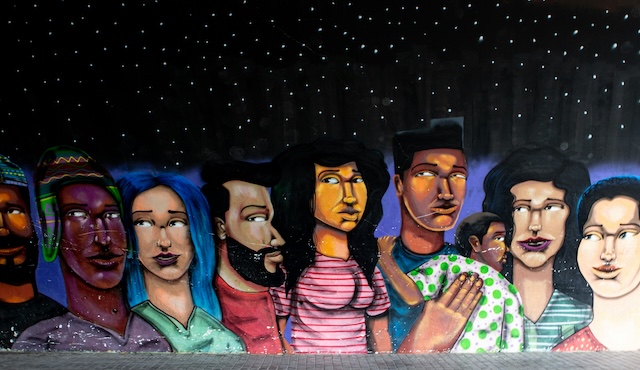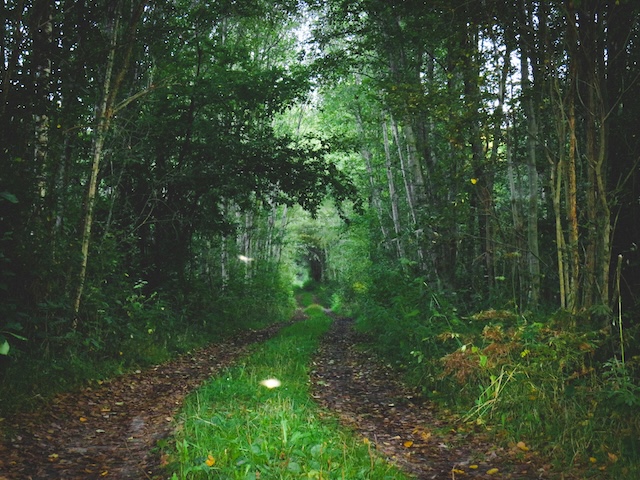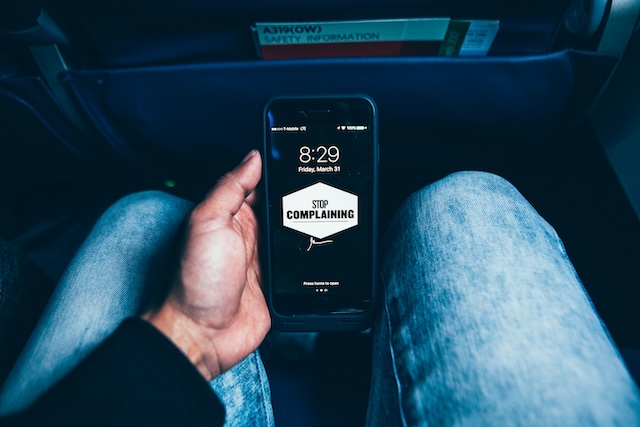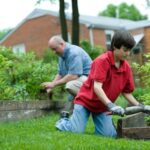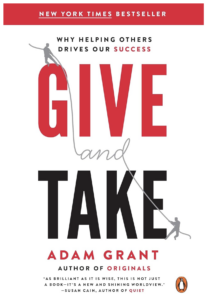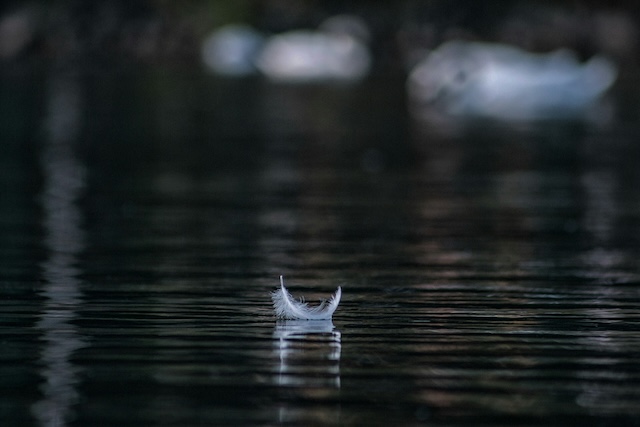Meditation is the ultimate “Go-To” App we can access whenever we need to reset and settle ourselves.
—Calm App Reflection

Image from Unsplash by THLT LCX
We live in a world obsessed with Apps that promise calm, focus, and productivity. Yet the most powerful one doesn’t need downloading, data, or devices — it’s already built into us.
Meditation is the ultimate “Go-To” App, accessible anytime the noise of life overwhelms us.
One mindful breath can reboot our inner systems, slowing the mental scroll and restoring clarity.
When tensions rise or thoughts spiral, no update or subscription is required — just a willingness to pause. In that pause, we reconnect with the steady rhythm beneath all distractions.
The best technology of all might be the quiet awareness that has been waiting patiently within us.
EXERCISE:
Instead of reaching for yet another digital fix, try this:
Close your eyes, inhale through your nose to the count of four and slowly exhale through your mouth to the count of six.
Repeat this ten times or for three to five minutes, if time permits.
The world will still be noisy, but you will be quieter inside it and that can change everything!




